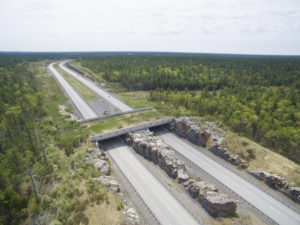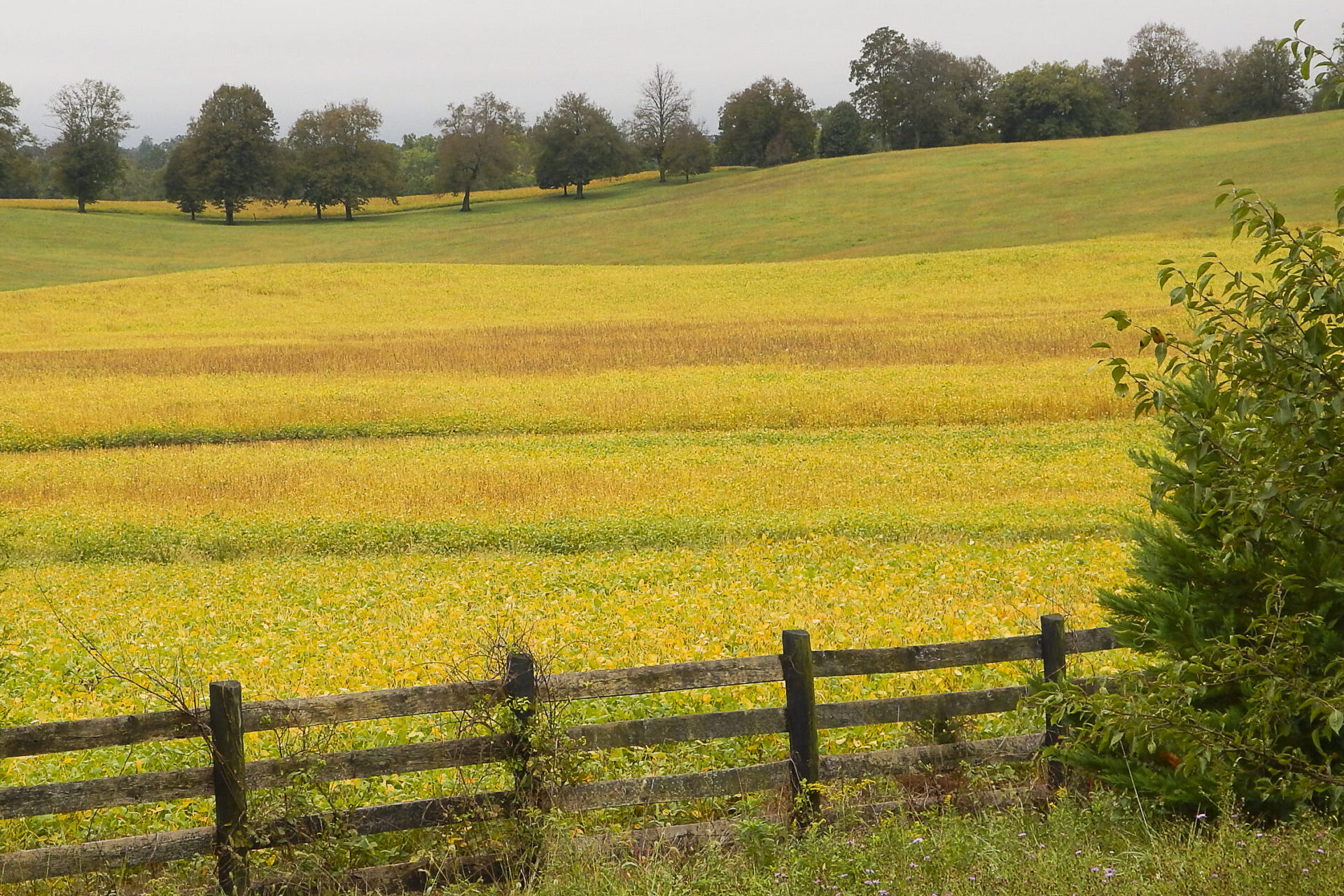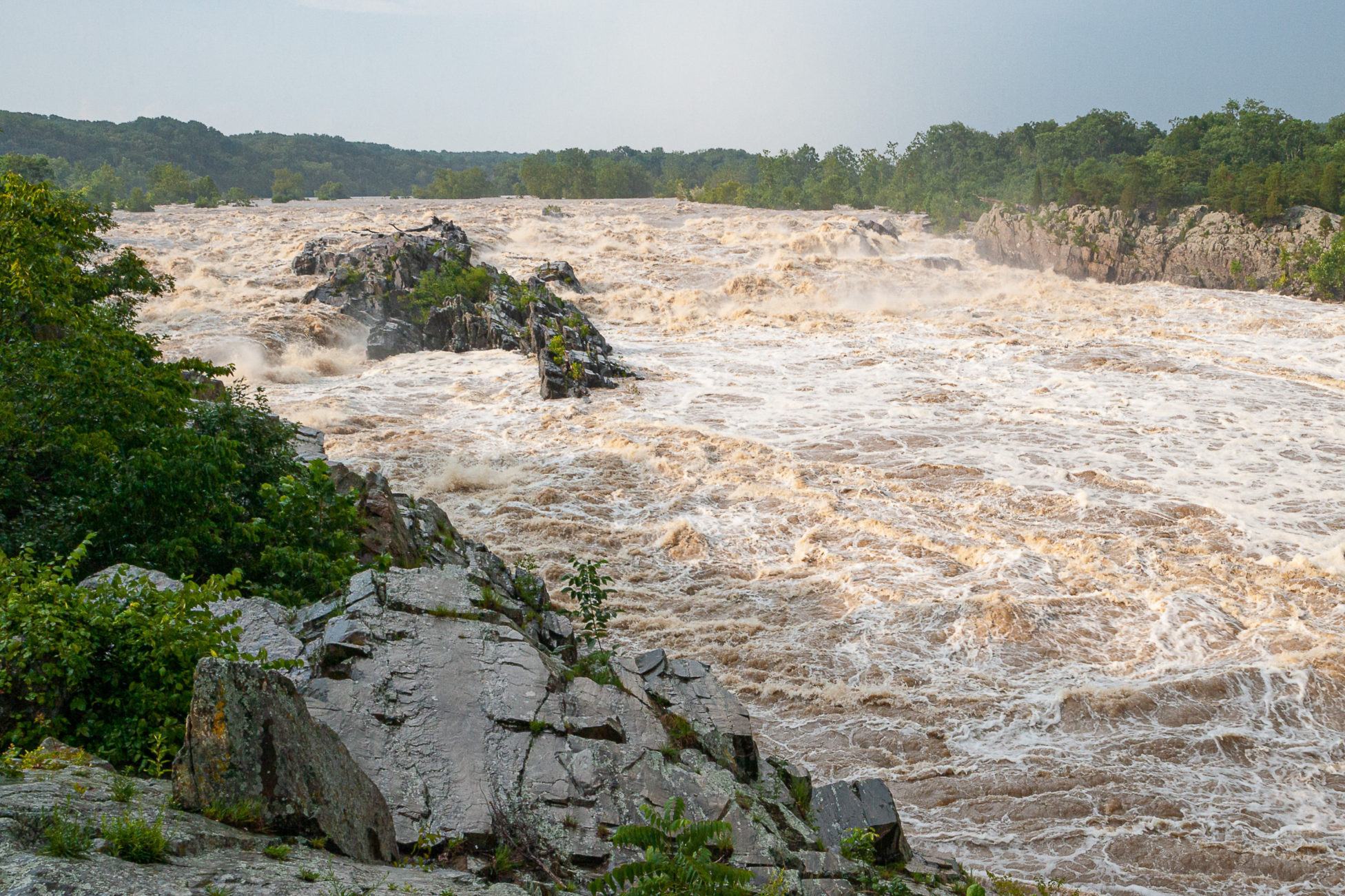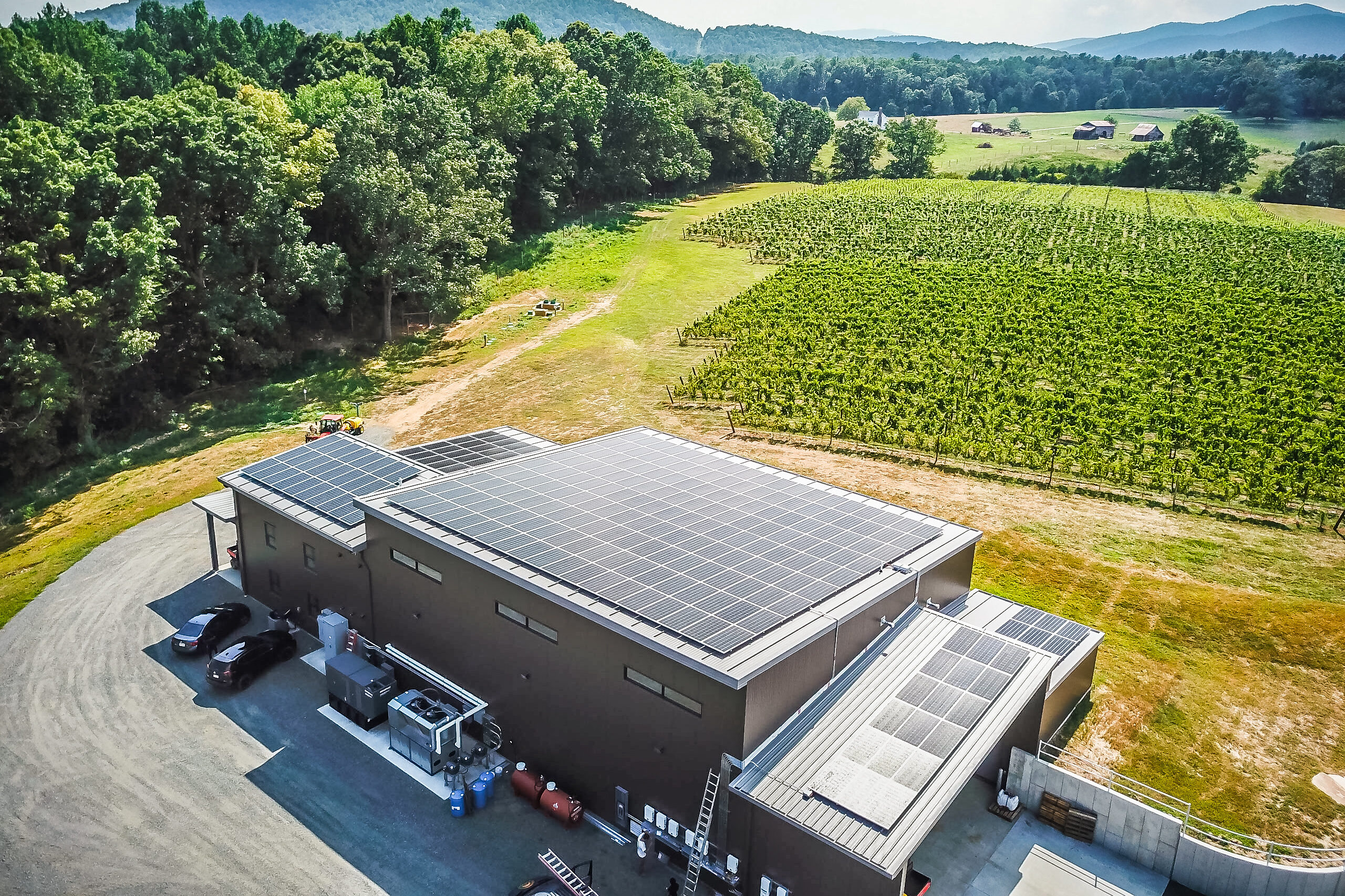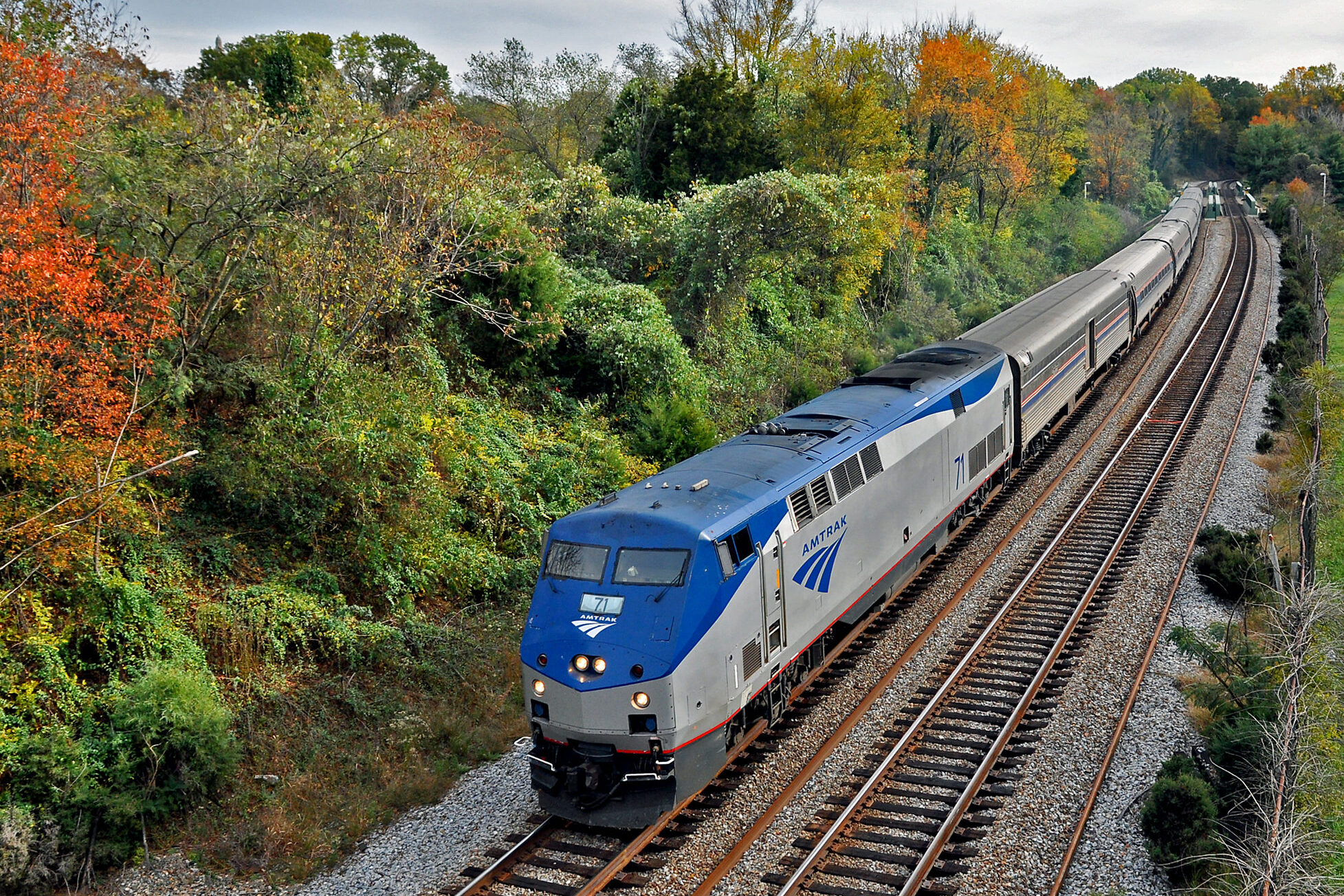Land Conservation Policy: Review of the 2022 General Assembly
Welcome to Virginia Conservation Network’s review of Land Conservation Policy from the 2022 General Assembly session. This session, VCN tracked over 200 pieces of legislation and took a position on 122 bills. This year, changes in state leadership kept the conservation community on the defensive as we fought to protect our clean energy and climate policy progress we have made over the last few years. VCN opposed 32 pieces of legislation, and thanks to the highly-coordinated, strong advocacy from our partners we are proud to see 29 of those opposed bills defeated. Despite the increased opposition compared to previous years, VCN and our partners continued to advocate and support the development of strong conservation policy. Of the 80 bills which VCN supported, 33 bills are headed to the Governor’s desk to be signed into law! To see the status of all of VCN’s tracked legislation and the policy outcomes, see our updated Bill Tracker.
VCN supported 16 pieces of land conservation policy this session. With support from our Partners, 10 land conservation bills are on their way to become law. See all positions and the outcomes of these bills in our Land Conservation Bill Tracker below.
Successful Land Conservation Policy
Preserving BIPOC Resources
HB141 (McQuinn), HB996 (Webert), SB158 (Hashmi)
For decades, the history of Black, Indigenous, and People of Color (BIPOC) communities have been overlooked, underfunded, and untold. Thanks to advocacy from the Piedmont Environmental Council and Preservation Virginia, we have successfully passed two pieces of land conservation legislation to protect BIPOC resources!
Delegate McQuinn and Senator Hashmi’s bills will establish the Virginia Black, Indigenous, and People of Color Historic Preservation Fund. Funding has been a significant hurdle for the preservation of BIPOC history and historic places. Now, groups can receive grants from the Fund to acquire, preserve and interpret historic structures, cultural landscapes, and archeological sites important to the history of Black, Indigenous, and People of Color.
African Americans are more than twice as likely as white Americans to not have a will; therefore, heirs property continues to be the leading cause of Black involuntary land loss. Delegate Webert’s Heirs Property Bill will help prevent the loss of family farms and forests by easing the burden and costs associated with inheriting family land.
Read about BIPOC preservation policy and these bills in detail through our Bill of the Day post.
Supporting Local Farms
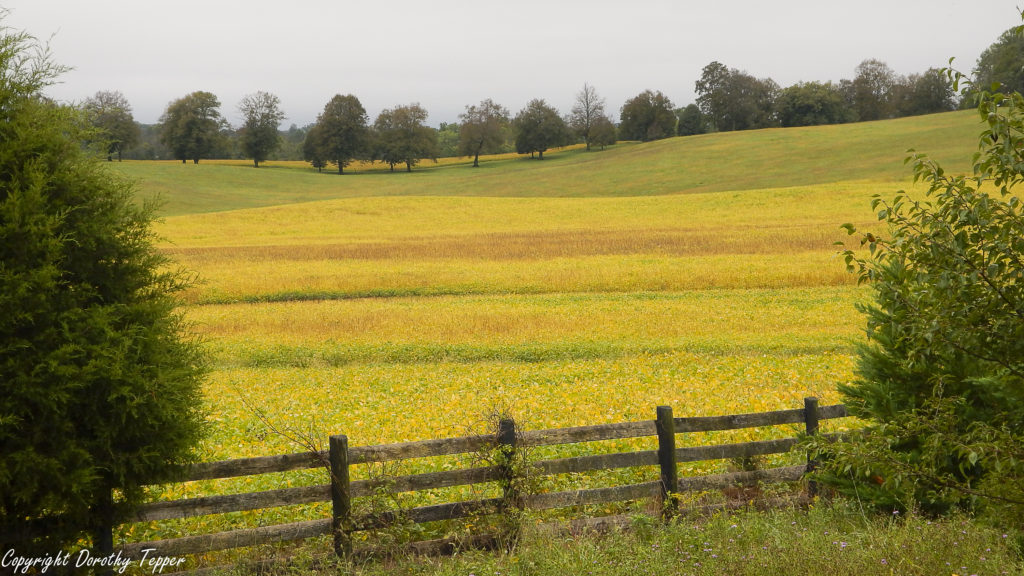
Farm near Warrenton, VA after a thunderstorm. Image credit: Dorothy Tepper
HB323 (Rasoul), HB830 (Webert), SB726 (Pillion)
Agriculture accounts for 10% of total U.S. greenhouse gas emissions. However, agriculture can also act as a significant climate solution when regenerative practices are applied. Farming best management practices such as building soil health, increasing water retention, and improving overall ecosystem health can both benefit farmers’ productivity while also reducing carbon emission levels. Policy which encourages local farming and small-scale pasture-based meat production is especially promising for rural economies and the environment.
The Virginia Association for Biological Farming led support for a series of bills to support local farms, which have all passed the General Assembly. Delegate Rasoul introduced a bill which increases the Local Food and Farming Infrastructure grant cap for projects that support local food production and sustainable agriculture.
Regenerative, pasture-based farming can reduce agriculture’s climate impact while providing premium products and marketing opportunities for farmer’s prosperity, but the agricultural industry is currently limited by processing capacity. Delegate Webert and Senator Pillion’s companion bills take the first step to assess the meat processing sector and identify gaps in the existing capacity in order to strategically target program support. Through this strategic analysis, the Commonwealth will be able to better leverage significant federal funding for resiliency of the meat supply chain and small-scale meat processing.
Reducing Invasive Species
HB311 (Krizek), HB314 (Krizek), HB491 (Bulova)
With lead support from the Audubon Society of Northern Virginia, VCN advocated for a series of bills which would reduce the sale and use of invasive plants and increase the use and sale of native plants in Virginia. Ultimately, the General Assemblypassed Delegate Krizek’s bill to create signs and labels for vendors to explain the value of native plants and the harm of invasive plants in order to better inform consumers at the point of sale. We are happy to see this bill pass and hope to build on this effort in future sessions.
Land Conservation Policy to Advocate for in 2023
Wildlife Corridors
HB975 (Tran), HB1029 (Tran), SB707 (Marsden)
Over the past few years, Virginia has built out a Wildlife Corridor Action Plan. Wildlife corridors are critical wildlife habitat connectivity pathways which also improve drivers’ safety by reducing the amount of vehicle-wildlife collisions. This session, Wild Virginia led support for bills to further aid the development of wildlife corridors through increased funding and improved vehicle-wildlife data reporting. Unfortunately, these bills failed to pass the General Assembly, but we look forward to continue advocating for wildlife corridor development in Virginia.
More 2022 General Assembly Policy Reviews
See policy reviews for our other issues areas from the 2022 General Assembly session below:

